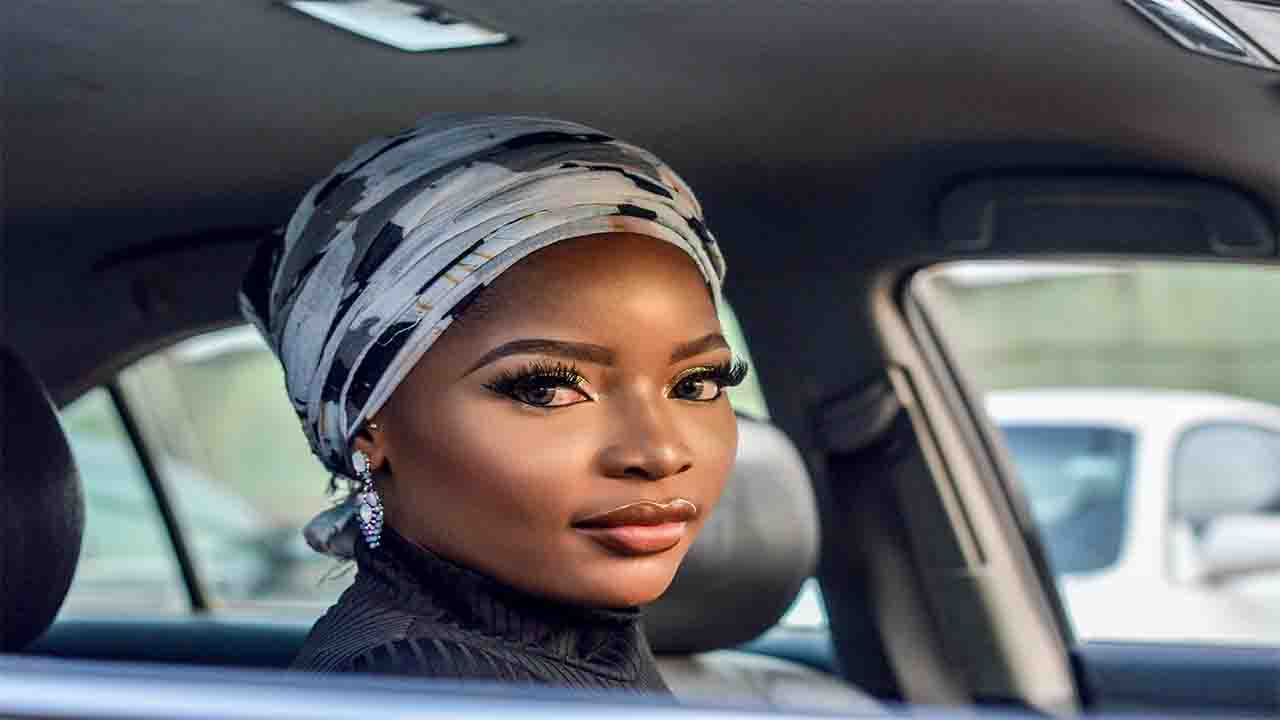Africa (Commonwealth) _ Technavio, a technology and research group, forecasted in its annual report that the beauty and personal care industry in Africa will expand by $1.26 billion by 2025.
According to the survey, the emergence of a youthful and lively youth population with free to spend cash is propelling the hair and beauty industry.
Market research estimates reveal that the beauty sector in the Middle East and Africa was worth about $27 billion in 2018 alone. According to the survey, South Africa’s beauty market is worth $4.5 billion each year, while Nigeria comes in second. Kenya’s industry was valued at more than $320 million every year.
Although the COVID-19 epidemic has significantly reduced consumer spending in Africa, data reveal that Sub-Saharan Africa has traditionally been in a far better economic position than before COVID-19. In 1981, consumer expenditure was $145.64 billion, but by 2021 it had increased to more over $1.2 trillion. This is a startling contrast. Since 2010, consumer expenditure in Africa has grown at a CAGR of 3.9%, and this trend is expected to continue. Africa’s beauty sector capitalizes on the tremendous market potential of 1.7 billion people. The industry is expected to increase by $1.26 billion from 2020 to 2025, with a 2% CAGR.
Africa’s Booming Youth and Urbanization
Africa has the world’s youngest population due to high birth rates and low death rates. Approximately 70% of Sub-Saharan Africa’s population is under the age of 30.Younger consumers want beauty and personal care goods to enhance their appearance and follow fashion trends. This affords Africa the ideal opportunity to expand its beauty and cosmetics business.
By 2025, an estimated 45% of Africa’s population will live in cities. According to the consulting firm McKinsey & Company, “per capita consumption spending in large cities in Africa is on average 79% higher at the city level than at the national level.”
Furthermore, as the country develops, spending shifts from informal marketplaces (e.g., roadside stalls) to more official sectors, such as department shops, supermarkets, and so on, according to Brookings. This is increasing beauty product sales.
Higher Purchasing Power
Over the previous three decades, Africa’s middle class has quadrupled in size. McKinsey & Company predicts that by 2025, over 65% of African families would earn more than $5,000.
As the number of persons in the “discretionary spending income bracket” grows, customers are likely to spend more money on luxury things. This trend might be attributed to increased awareness of personal cleanliness and the importance of goods like soap and shampoo. . Africa’s beauty sector may assist clients in realizing and achieving their body care goals.
It is unsurprising that women dominate Africa’s beauty sector. African women’s discretionary income has improved as they have gained access to higher-paying employment and education. Beauty Africa reports that beauty and personal care goods account for a major portion of consumers’ purchasing.
Growth of E-Commerce
The GSM Association predicts that by 2025, 615 million Sub-Saharan Africans would use mobile services, with 28% having 4G and 3% having 5G.
This enables users to make electronic payments. Mobile money, in fact, “is growing five times faster in Africa than in any other region,” according to McKinsey. The advancements in e-commerce and finance have made acquiring beauty goods faster and easier. Furthermore, technology developments enable businesses to better follow market trends and profile clients, according to The Exchange.
South Africa is a major market participant. South Africa is predicted to account for 53% of the increase in Africa’s beauty sector from 2020-2025.
Many foreign firms are just now recognizing Africa’s enormous potential. Rihanna’s cosmetics brand, Fenty, was introduced in “South Africa, Botswana, Ghana, Kenya, Namibia, Nigeria, Zambia, and Zimbabwe.” The introduction of this premium brand is fantastic news for African ladies who desired a better depiction of their skin tones.
Enhancements to infrastructure in the beauty and personal care business not only creates more jobs, but also accelerates the sector’s growth. This rise in growth invites extra investment for infrastructure enhancements. This creates a continual loop that eventually enhances the economic growth of Africa’s beauty sector.
Poverty alleviation efforts might assist people move into the middle income bracket and gain more buying power. Furthermore, bridging the gender gap and giving more women with education and equitable opportunities may enable them to earn money and spend it on the beauty and cosmetics sector.
Greater private investment, enhanced technology, better facilities, and more contributions to poverty alleviation programs might help Africa’s beauty sector flourish while remaining in accordance with the United Nations Sustainable Development Goals and the African Union’s Agenda 2063.








